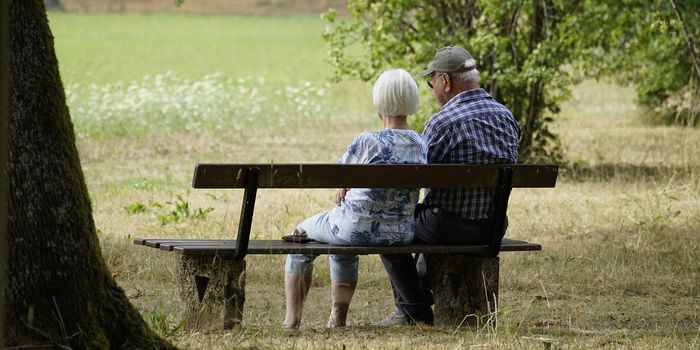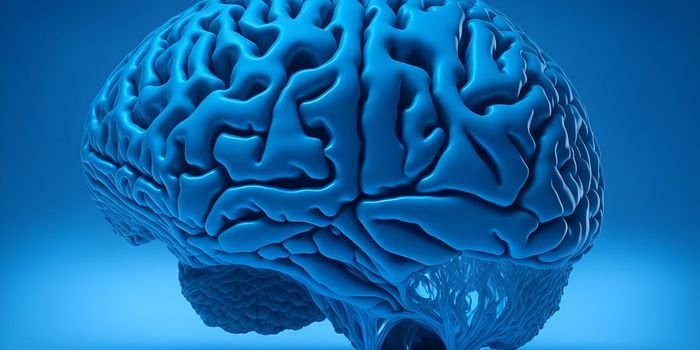Parental Consumption of Cannabis Increases Teen Consumption
Researchers from the University of British Columbia in Canada have found that teens brought up in homes where their parents consume cannabis are more likely to consume it themselves. Understanding how parents influence their children to use cannabis could help inform effective prevention programs, say the researchers.
"Adolescence is a critical period in which drug and alcohol experimentation takes place and when cannabis use is often initiated," says Maya Pilin, one of the authors behind the study. "Parents are perhaps the most influential socializing agent for children and early adolescents."
For the study, the researchers used data from a survey of 675 11-16-year-old adolescents on their attitudes towards cannabis. The teens filled in the survey each year over a three year period so the researchers could understand how their cannabis use changed over time.
The survey included questions on whether and how frequently one or both of their parents used cannabis, and whether or not they used it themselves. The researchers noted that the data was collected before cannabis was decriminalized in Canada in 2017.
All in all, they found that the children of parents who used cannabis during their early adolescence tended to have more positive expectations and perceptions of cannabis use by the age of 13-14. This, they found, led to an increased chance of using cannabis by the time they were 15-16 years old. Similar findings have been reported by other studies on the effect of parental attitudes towards alcohol consumption.
While interesting findings, the researchers highlight several limitations to their research. As they only examined the effects of parental influences on cannabis consumption at a specific developmental phase, results may differ for other developmental phases. They highlight for example that in later developmental phases, peer use may become more predictive of a person’s cannabis consumption than parental influence.
Nevertheless, the researchers say that their findings add to what we know about the underlying reasons for cannabis use in adolescence, and thus may go on to inform effective preventative programs. This comes especially as early cannabis use is associated with harmful effects on mental and social developmental outcomes. It is also linked to an increased risk of experimentation with other drugs and substance-use disorders in adulthood.
Sources: The University of British Columbia, Addictive Behaviors









